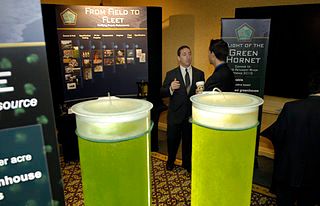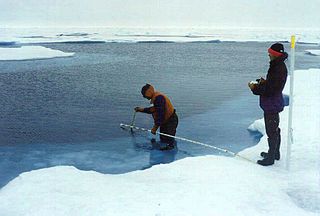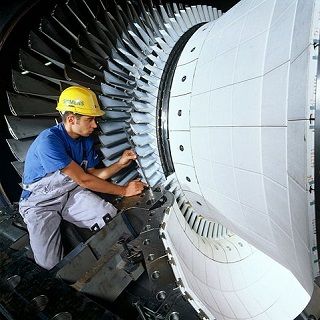A Young Person's Work with Algae as Biofuel
A friend asked my opinion on this high school kid’s experimentation with algae as biofuel.
Friend: Hmmm.
Craig: Well, this IS exactly what algae researchers are doing… And it DOES have promise, IMO.
Friend: It certainly would give us a much more carbon neutral solution for the existing transportation infrastructure – and, effectively, it’s solar energy. 🙂
Craig: You’re absolutely right. As long as we’re married to liquid fuels, there’s a lot to like here, including the fact that algae can be grown on non-arable land with salt water, and it’s 30 – 50 times more energy-dense that ANY terrestrial plant.
The problem is that it’s really hard to grow outside of carefully controlled laboratory conditions. If this is going to work, it’s going to take a lot of time and money, and a lot of that money is going to have to come from the public sector, since the private sector is so focused on short-term ROI.
The other issue is competition from electric transportation charged from wind and solar; i.e., we won’t be married to liquid fuels forever.
Btw, what an impressive young lady she is!









